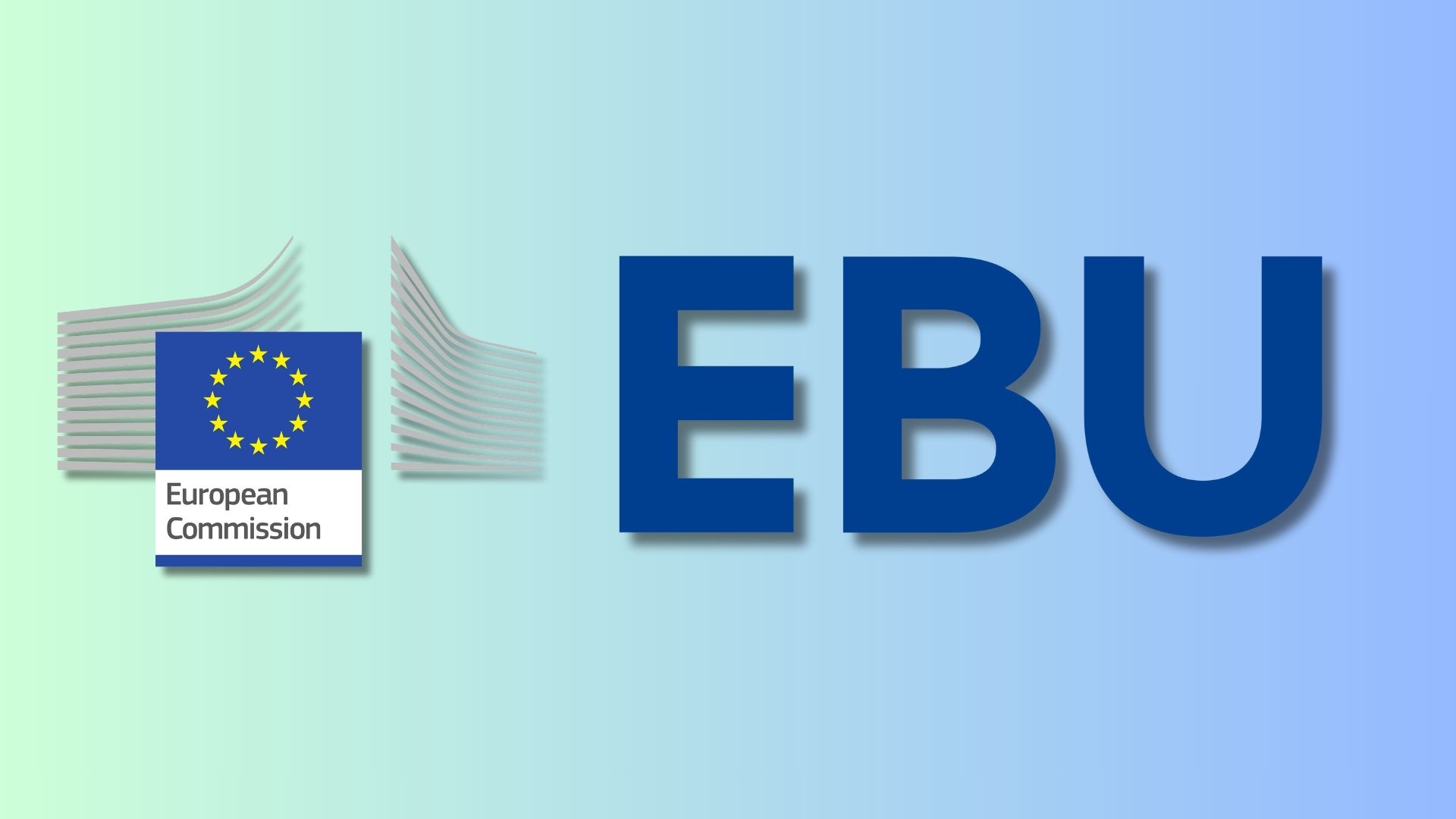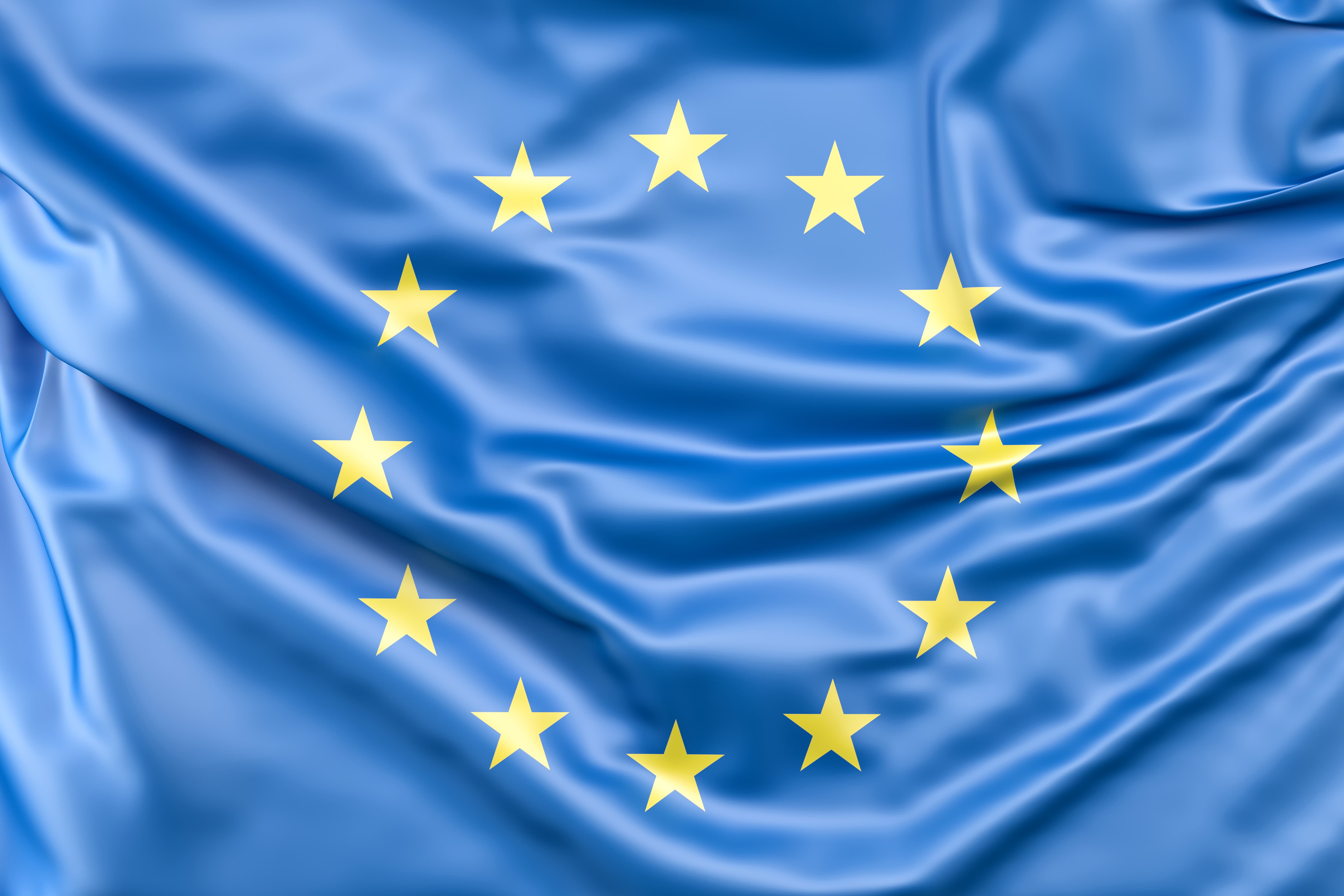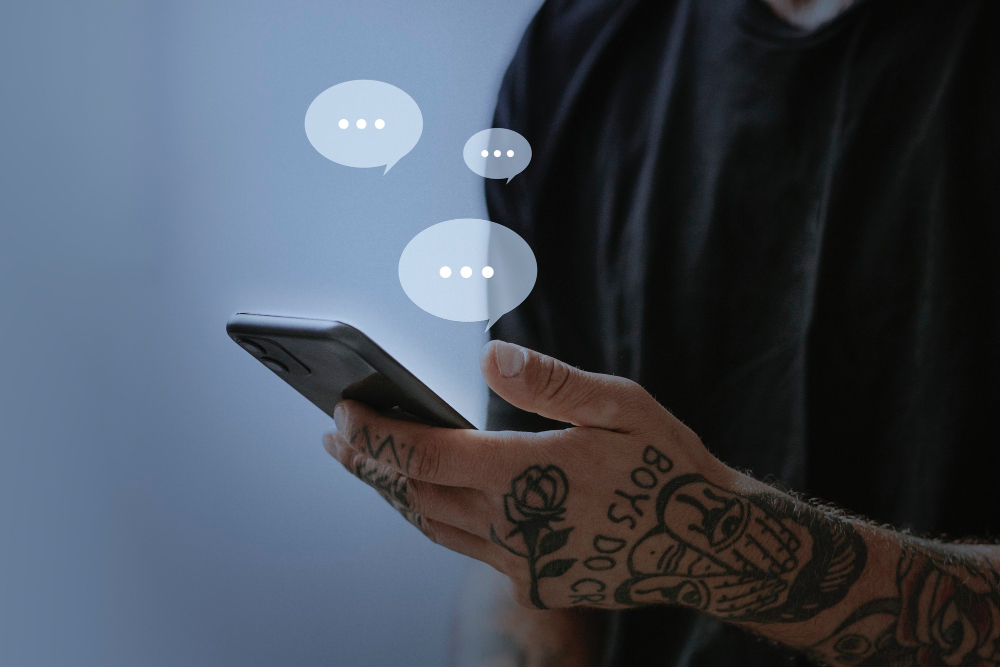Cisco has announced a major update to its AI Defense platform as enterprise AI evolves from chat tools into autonomous agents. The company says AI security priorities are shifting from controlling outputs to protecting complex agent-driven systems.
The update strengthens end-to-end AI supply chain security by scanning third-party models, datasets, and tools used in development workflows. New inventory features help organisations track provenance and governance across AI resources.
Cisco has also expanded algorithmic red teaming through an upgraded AI Validation interface. The system enables adaptive multi-turn testing and aligns security assessments with NIST, MITRE, and OWASP frameworks.
Runtime protections now reflect the growing autonomy of AI agents. Cisco AI Defense inspects agent-to-tool interactions in real time, adding guardrails to prevent data leakage and malicious task execution.
Cisco says the update responds to the rapid operationalisation of AI across enterprises. The company argues that effective AI security now requires continuous visibility, automated testing, and real-time controls that scale with autonomy.
Would you like to learn more about AI, tech, and digital diplomacy? If so, ask our Diplo chatbot!









